 |
| October 13, 2020 |
 |
| |
| Behavior & Society Confronting Misinformation Viral lies, overwhelming uncertainty, and leadership that amplifies falsehoods and fear: no wonder we feel anguished by our information environment. During an election season of great consequence, what would make society less vulnerable to division? | | | | |
| |
| |
| |
| |
| |
| |
| |
| Evolution Neandertal DNA May Be COVID Risk A stretch of Neandertal DNA has been associated with some cases of severe COVID-19, but it's unclear how much of a risk it poses. Christopher Intagliata reports. |  | By Christopher Intagliata | 02:20 | | | |
| |
FROM THE STORE
 | | | |
| |
| QUOTE OF THE DAY
 "Rather than 'muting' friends and family members when they post conspiracy theories on Facebook, start a conversation about the serious damage that rumors and falsehoods are doing to our lives, our health, our relationships and our communities." Claire Wardle, Director of First Draft | |
LATEST ISSUES
 |
| |
| Questions? Comments?  | |
| Download the Scientific American App |
| |
| |




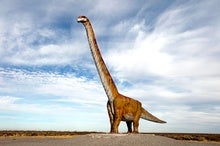



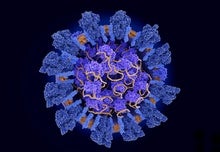
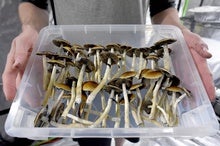
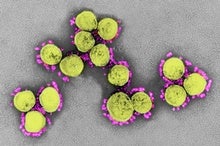

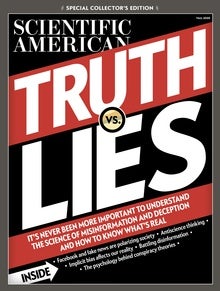



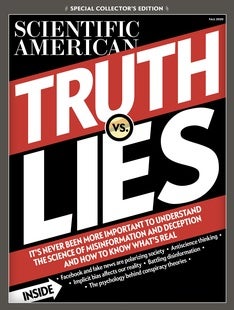
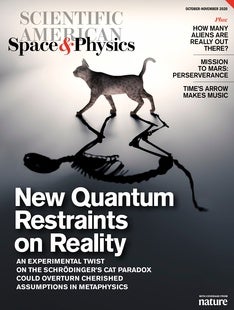
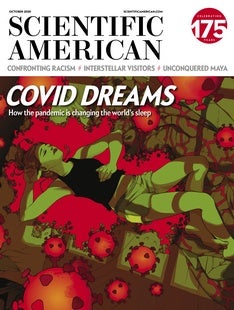



Comments
Post a Comment